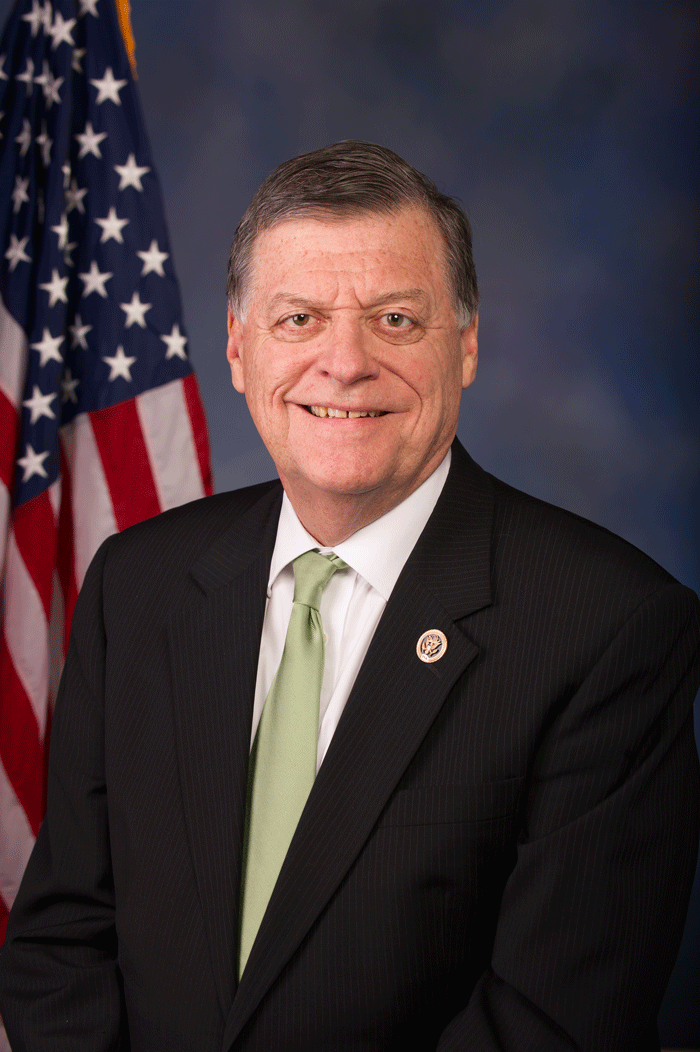
Existing throughout the fabric of our society are the unmistakable threads of Native American heritage. In Oklahoma, those threads are numerous and vibrant indeed.
As a member of the Chickasaw Nation, I am always proud that the month of November is set aside to draw national attention to the many contributions and significant achievements of tribal nations throughout history. Across the country, there are more than 530 federally-recognized tribes. In our state alone, there are 39 sovereign nations —including 11 located right in the Fourth District.
Growing up in Oklahoma, I was indeed fortunate to live in a state rich in tribal heritage. But my upbringing greatly influenced the distinct pride I will always carry. Throughout my life, I was surrounded by family members who were actively involved in tribal affairs and who sought to preserve our unique history and culture. My great, great grandfather served as the clerk of the Chickasaw Supreme Court, and my great grandfather was the treasurer of the Chickasaw Nation. My great aunt Te Ata Thompson Fisher was a gifted actress, entertainer and Native American storyteller whose talent took her all over the world; the story of her fascinating life was recently documented in a feature film. And my late mother, Helen Cole, was the first Native American woman ever elected to the Oklahoma State Senate.
I greatly treasure the example shown by my mother, who passed on the importance of knowing our heritage and our family’s compelling history. She taught my brother and me to recognize that it was a remarkable gift to be American, but as Native Americans, we also belonged to a special and unique group of people.
Because of my background, I have always considered it a privilege and honor to represent the interests and constitutionally-given rights of tribes in the U.S. House of Representatives. Along with my Oklahoma colleague Markwayne Mullin, I am proud to be one of two Native Americans currently serving in Congress. We will soon be joined by two others, who recently made history as the first Native American women ever elected to Congress. Indeed, this is an impressive achievement for tribes nationwide.
While the federal government has at times had a strained relationship with Indian Country, I am encouraged that efforts have been made to repair and improve it. As a co-chair of the Native American Caucus, I have worked with my House colleagues on both sides of the aisle to advance legislation that respects tribal sovereignty and improves the lives of Native Americans. Earlier this year, I was pleased that the House passed the Tribal Labor Sovereignty Act, which would restore authority previously afforded to tribes and respect their right to operate enterprises and govern effectively on their own lands. This summer, the House also passed legislation that would increase funding for the Indian Health Service, as well as vital programs at the Bureaus of Indian Affairs and Indian Education.
Long before the United States came to be, tribes greatly influenced the land in which we live. For generations to come, I am confident that America’s tribal heritage will only become more vibrant